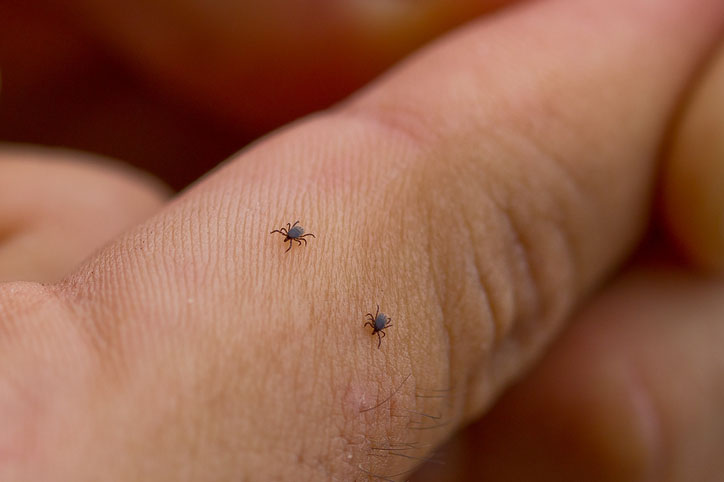Nutrition in Raptors
- Nutrition: Exotic and Zoo Animals
- Overview of Nutrition: Exotic and Zoo Animals
- Nutrition in Birds
- Nutrition in Psittacines
- Nutrition in Passerines
- Nutrition in Columbiformes
- Nutrition in Raptors
- Nutrition in Piscivorous Birds
- Nutrition in Waterfowl
- Nutrition in Gallinaceous Birds
- Nutrition in Ratites
- Nutrition in Mynahs
- Nutrition in Toucans
- Managing Nutrition of Avian Zoological Collections
- Handrearing Zoo Mammals
- Nutrition in Bats
- Nutrition in Zoo Carnivores
- Nutrition in Insectivores, Edentates, and Aardvarks
- Nutrition in Marine Mammals
- Nutrition in Marsupials
- Nutrition in Primates
- Nutrition in Rodents and Lagomorphs
- Nutrition in Subungulates and Ungulates
- Nutrition in Reptiles
- Nutrition in Crocodilians
- Nutrition in Snakes
- Nutrition in Turtles
- Nutrition in Tortoises
- Nutrition in Lizards
- Nutrition in Fish
Raptors include birds of prey from many genera. Most medium to large raptors consume whole vertebrate prey. Commonly fed items include mice, rats, day-old chicks, quail, and pigeons. Kestrels generally consume insects. Fish are the natural diet of piscivorous raptors such as ospreys and sea eagles. If fish is fed, thiamine supplementation (30–35 mg/kg feed) as well as vitamin E (100 mg/kg) is advised.
Commercial diets for birds of prey are available and consist mostly of a mash of several different prey items with a specific amount of vitamins and minerals.
Small raptors (100–200 g) eat as much as 20%–25% of their body wt/day; raptors weighing 200–800 g eat 15%, raptors weighing 800–7,000 g eat 6%–10%, and raptors >7,000 g eat 3.5% of their body wt/day. Captive raptors should be weighed regularly, and food volume adjusted as needed to prevent emaciation as well as obesity. If weighing is not possible, the breast-comb can be checked: if sharp, the animal is emaciated; if fat, it is obese.
The best food for birds of prey is mice and rats; however, day-old chicks and other whole birds or mammal species also are an adequate feed. The egg yolk of day-old chicks should not be removed when fed, because it contains a considerable amount of vitamins and minerals. It is advised not to feed animals from the wild (eg, rats, pigeons, rabbits) because of potential diseases, toxins, and poisonings.
Although whole prey, including their organs, should be a complete nutrient sufficient feed, it is advised to add a small amount of a balanced vitamin and mineral supplement, especially when the birds are under stress. Prey with relatively large bones must be avoided because of obstructions in the gizzard, which prevent casting. Birds <12 days old should not be fed too many bones, because they cannot digest them, and metabolic bone diseases can result. Metabolic bone diseases can also result when a chick is growing too fast. Birds of prey should not be fed before travelling. If an organ meat–based diet is fed, vitamins and minerals should be supplemented; calcium supplementation should be 10 g of calcium carbonate/kg of fresh meat.
- Nutrition: Exotic and Zoo Animals
- Overview of Nutrition: Exotic and Zoo Animals
- Nutrition in Birds
- Nutrition in Psittacines
- Nutrition in Passerines
- Nutrition in Columbiformes
- Nutrition in Raptors
- Nutrition in Piscivorous Birds
- Nutrition in Waterfowl
- Nutrition in Gallinaceous Birds
- Nutrition in Ratites
- Nutrition in Mynahs
- Nutrition in Toucans
- Managing Nutrition of Avian Zoological Collections
- Handrearing Zoo Mammals
- Nutrition in Bats
- Nutrition in Zoo Carnivores
- Nutrition in Insectivores, Edentates, and Aardvarks
- Nutrition in Marine Mammals
- Nutrition in Marsupials
- Nutrition in Primates
- Nutrition in Rodents and Lagomorphs
- Nutrition in Subungulates and Ungulates
- Nutrition in Reptiles
- Nutrition in Crocodilians
- Nutrition in Snakes
- Nutrition in Turtles
- Nutrition in Tortoises
- Nutrition in Lizards
- Nutrition in Fish





